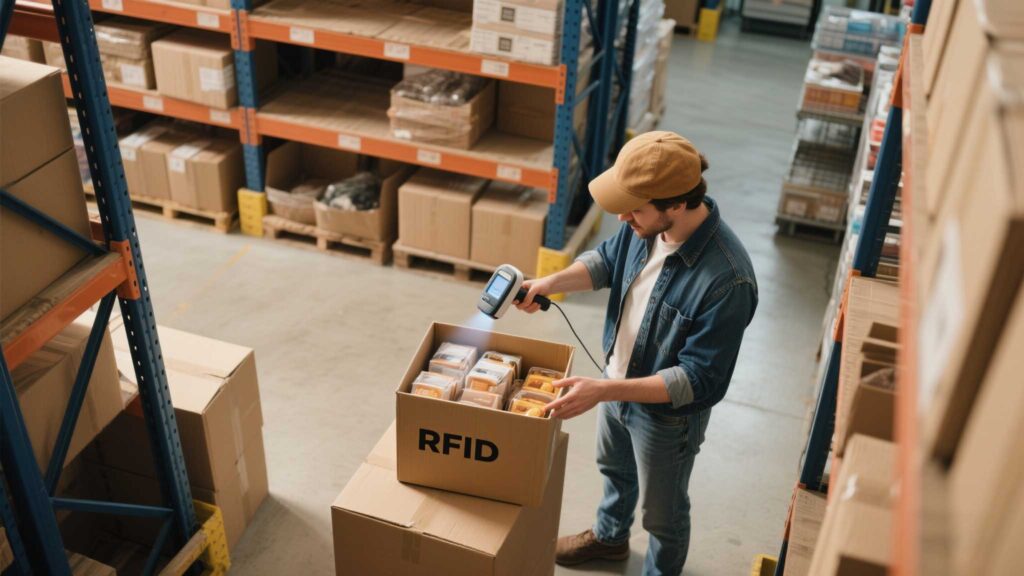Barcodes vs RFID: Which Saves More Time and Money Right Now?
355Barcodes vs RFID: Discover which tracking tech cuts labor costs faster. See how businesses choose based on scanning headaches, metal interference, and hidden expenses.
MoreAll RFID Product
For small businesses, every dollar counts. While handheld RFID scanners require an upfront investment, they often pay for themselves within months by slashing labor costs, reducing errors, and improving inventory turnover. Here’s a detailed cost-benefit analysis to help you decide.

Cykeo offers entry-level scanners with:
Avoid RFID if:
A 10-employee brewery adopted Cykeo’s scanners to track kegs and raw materials. Despite a $2,200 initial investment, they recovered costs in 6 months via:
Barcodes vs RFID: Discover which tracking tech cuts labor costs faster. See how businesses choose based on scanning headaches, metal interference, and hidden expenses.
MoreDiscover how RFID technology quietly transforms libraries—speeding up borrowing, simplifying inventory, and making books easier to find. Real-world insights, challenges, and reader experiences included.
MoreDiscover why most iPhones can't scan RFID tags natively. See how Cykeo's Bluetooth adapter turns your iPhone into a real RFID scanner for inventory & access control.
MoreUnderstand how security tag readers function and compare the advantages of RFID and magnetic systems to help you choose the right anti-theft tag reading technology for your business.
More